Photographs: Reuters Akshat Kaushal in New Delhi
Across the road from gate-2 of Maruti Suzuki India Limited's Manesar factory, around 100 workers sit underneath a tent in protest. They have now been here for over two weeks. "The media is nowhere to be seen. The ones who come, only speak to the company people and leave," says Sonu Nehra, who works on the assembly-line of the Maruti factory. This is Maruti's second strike in the last three months. This is how the whole thing began: In June, Maruti workers at Manesar had been demanding a union for themselves but the company management asked them to join the union affiliated to the Gurgaon plant.
...
Strike: Is Maruti harassing its workers?
Photographs: Reuters
...
Strike: Is Maruti harassing its workers?
Photographs: Reuters
The curious aspect of this strike is that while both sides have dug their heels in and refuse to budge from their positions, the impasse is costing a boatload of money for the car company - at least Rs 500 crore (Rs 5 billion) so far by one account.
Yet, Maruti would rather bleed cash than give in. Today, reports suggest that workers at the company's Gurgaon plant are also thinking of striking in solidarity with their Manesar brethren. Politicised UnionsMaruti, however, says there is a clear reason behind its stance to disallow another union. "After having a union, the earlier agreement that existed between a company and its workers gets extended to a third-party that is usually associated with a political party.
...
Strike: Is Maruti harassing its workers?
Photographs: Reuters
...
Strike: Is Maruti harassing its workers?
Image: Hyundai i10.Others in the auto sector have also wrestled with their own union problems. In April 2009, at Hyundai Motor India in Tamil Nadu, workers went on an eighteen-day strike to demand recognition of the employees' union.
Similarly, tire maker MRF's Arakkonam unit was closed for 185 days in 2009. Its workers subsequently went on strike in October 2010 as well as June 2011. The lure of contract labourWhy is the formation of a union so crucial to these workers? Arguably, if everyone is receiving a decent wage with benefits, there is little reason to go on an agitation.
...
Strike: Is Maruti harassing its workers?
Photographs: Reuters
...
Strike: Is Maruti harassing its workers?
Photographs: Reuters
Workers at the Maruti plant say the working conditions between the permanent and contractual workers differ vastly.
Maruti employs close to 2,500 workers, of which 1,100 are permanent and the rest consist of workers on contract, apprenticeship and training. According to Shiv Kumar, president, Maruti Suzuki Employee Union who is a permanent worker, an unskilled contract worker is paid Rs 5,500 a month and a skilled contract worker (with an ITI diploma) gets Rs 7,000; a permanent worker's pay is around Rs 18,000....
Strike: Is Maruti harassing its workers?
Image: Maruti Swift.In Haryana, the minimum wage of an unskilled worker is fixed at Rs 4,348. Other than salary, a contract worker is not entitled to medical benefits that a permanent worker gets, or the bus service, again which only the permanent worker can use.
Even difference exists, workers say, between the uniform of a permanent and contract worker. To become a permanent worker, a skilled worker has to work for a year as an apprentice and another three years as a trainee before he is made permanent. Yet, there is apparently little difference in the specific nature of the job for both categories....
Strike: Is Maruti harassing its workers?
Photographs: Reuters
Exploiting the masses
Workers say working conditions at the Maruti plant are, in general, 'difficult'. According to workers, the eight-hour shift that they are required to work usually gets extended by an hour.
The company provides a 30-minute lunch break, ten minutes of which goes in travelling to the canteen. A seven-minute break is given for tea and using the bathroom. Going on leave becomes almost impossible as Rs 1,500 is deducted for every day on casual leave from their salary. "Last year, we exceeded the targets by working more in the morning and evening. For every hour that we worked extra, we were paid Rs 20. What part did we get of the profit that the company earned by exceeding the targets?" wonders factory worker Nehra....
Strike: Is Maruti harassing its workers?
Photographs: Reuters
Naturally, say the workers, striking for a union was the only option left to them. Maruti Suzuki refutes these allegations and says that its workers are treated fairly.
Tapan Mitra, head of Human resources at Apollo Tyres says that most manufacturing companies exploit contract labour. "The management of any company needs to understand that workers are not commodities," says Mitra. "Many times the HR department of the company doesn't address the grievances of the workers. However, they want workers to work more when the company desires so. In such a situation, the workers reach out to either unions to press their demands," adds Mitra....
Strike: Is Maruti harassing its workers?
Photographs: Reuters
According to him, increased communication between workers and management, and also trust and confidence between the 'white and blue collars' would ensure minimum friction in any company.
Sanjay Upadhyaya, fellow at the VV Giri National Labour Institute, says that there are laws to ensure that the rights of the contract labourers are protected but they are seldom implemented. "The labour law mandates that any company that has to employ contract labour needs to obtain a license from the labour department. The labour department can cancel the license if the rights of the contract labourers are abused. But, these laws are very rarely implemented," says Upadhyaya....
Strike: Is Maruti harassing its workers?
Photographs: Reuters
Numbers don't add up
Curiously, the numbers collected by the labour department show a large decrease in strikes and lockouts in the past five years or so but some say that these numbers are misleading. Tapan Sen, General Secretary, Centre of Indian Trade Union, says that though the number of strikes have decreased over the years, it doesn't mean that the workers are a happy lot."Most of these are figures reported and should be treated with caution. The number of strikes is decreasing, but not lockouts and closures.
Most of the times the lockouts and closures are not reported, as they are not a law and order issue unlike strikes," he says.
Click on NEXT for more...
Strike: Is Maruti harassing its workers?
Photographs: Reuters

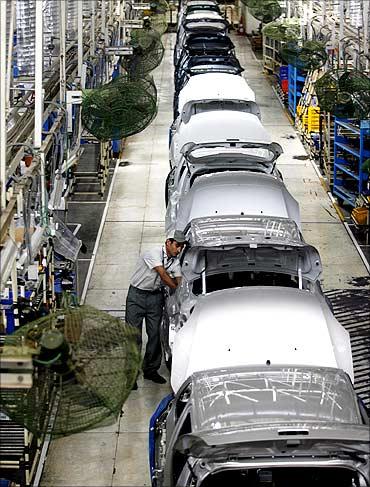
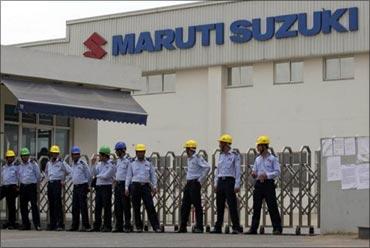
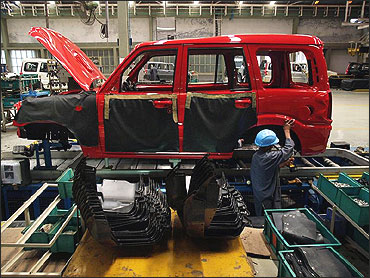
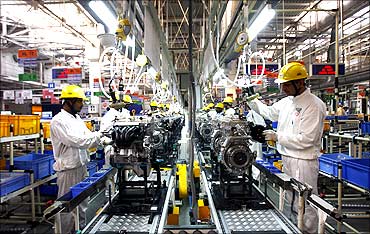
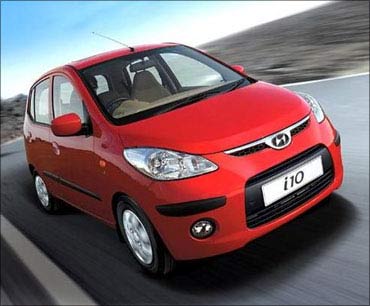
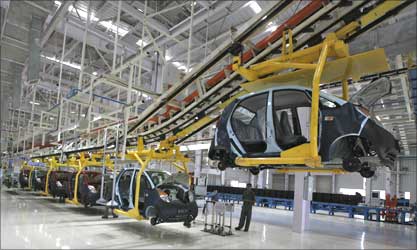
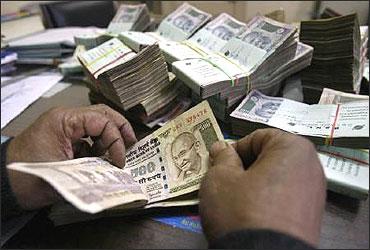
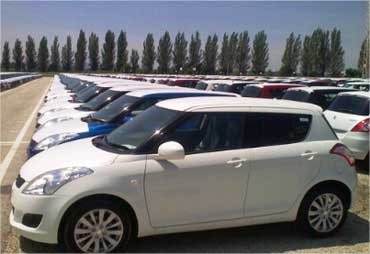

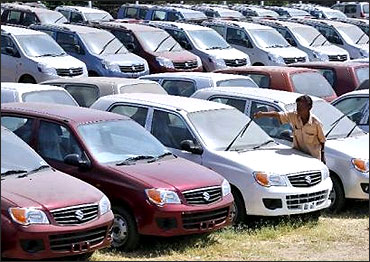
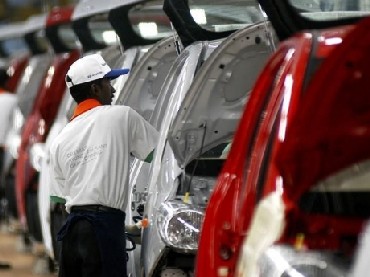
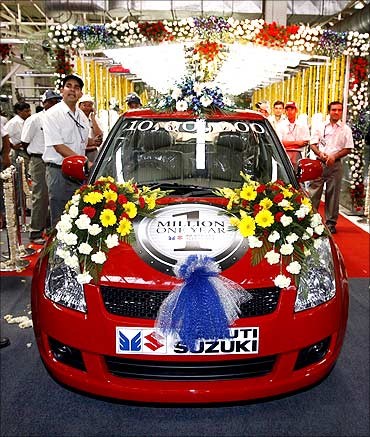
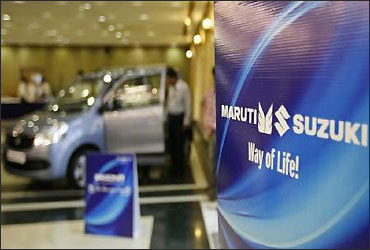

article